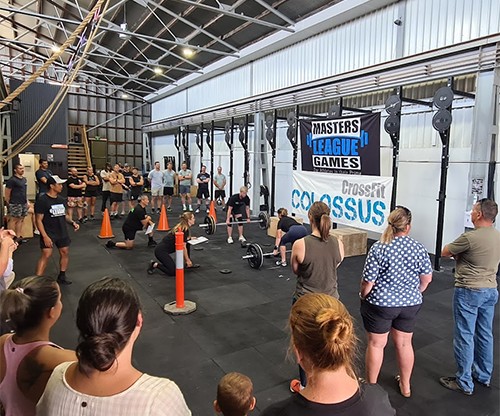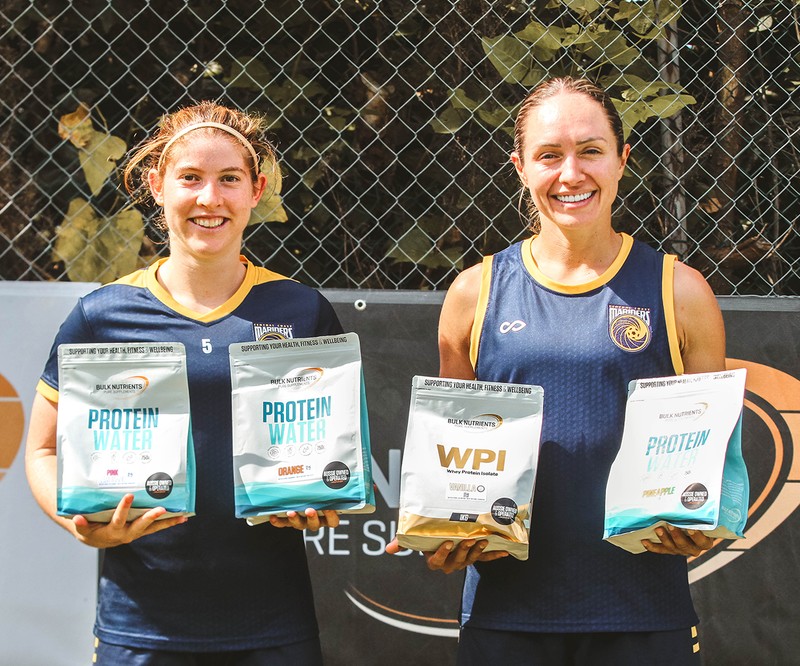Are Ice Baths Worth Freezing For?
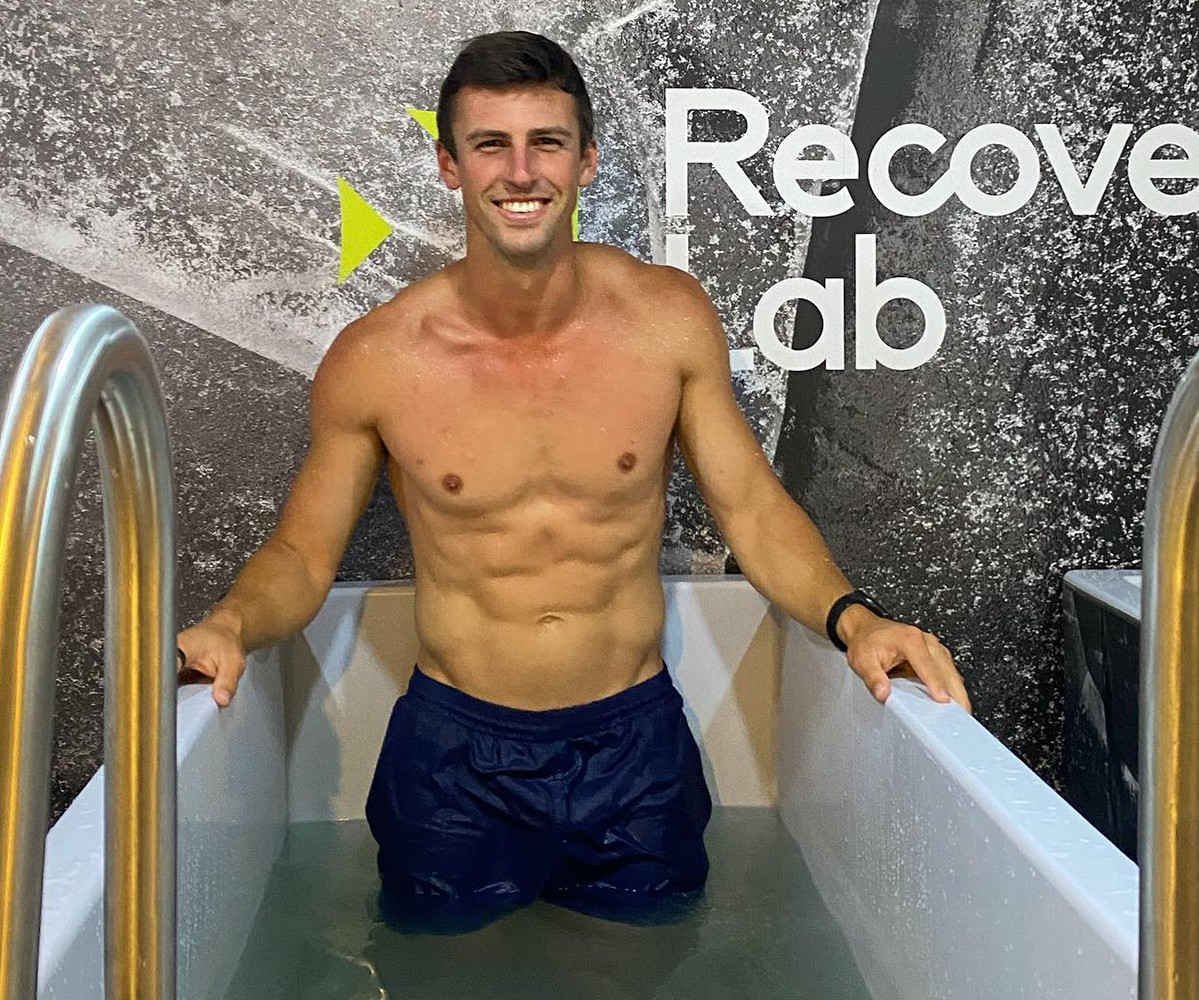
The science behind ice baths for recovery
You don't get past many sports reports on TV without seeing the athletes recovering in a shivering ice bath.
Obviously poor recovery from an intense game can lead to fatigue, which means subsequent training sessions and/or competitive performances can be hindered. Poor recovery also compromises adaptive processes, too.
So, enter ice baths.
The theory is that the cold stimulates sympathetic nerve fibers, which in turn signal blood vessels in the area to constrict and transport blood back to your core to protect vital organs.
Blood flow is redirected from the areas being iced, and apparently slows the inflammatory response there.
The theory is that this will reduce any swelling that could occur.
Moreover, muscles and blood vessels might benefit from the water pressure which provides some compression. This might also reduce inflammation and swelling.
Then there's the benefit of the icing (momentarily at least) alleviating pain by numbing the sore areas.
But does the research back it up?
In this (very well designed) study, a number of markers of inflammation were measured to see how effective cold water immersion was compared to an active recovery treatment.
The nine male subjects performed resistance exercise; a single leg workout consisting of:
- 45 degrees leg press (6 sets of 8–12 repetitions)
- Single leg squats (3 sets of 12 repetitions)
- Leg extensions (6 sets of 8–12 repetitions)
- Walking lunges (3 sets of 12 repetitions)
- All on alternate legs.
And they did this twice with a one week break in between, but changed their recovery method to see which one was better.
The first recovery method, an active recovery approach, consisted of ten minutes of low intensity self-selected cycling.
The second mode of recovery was 10 minutes of cold water immersion at 10 degrees celsius.
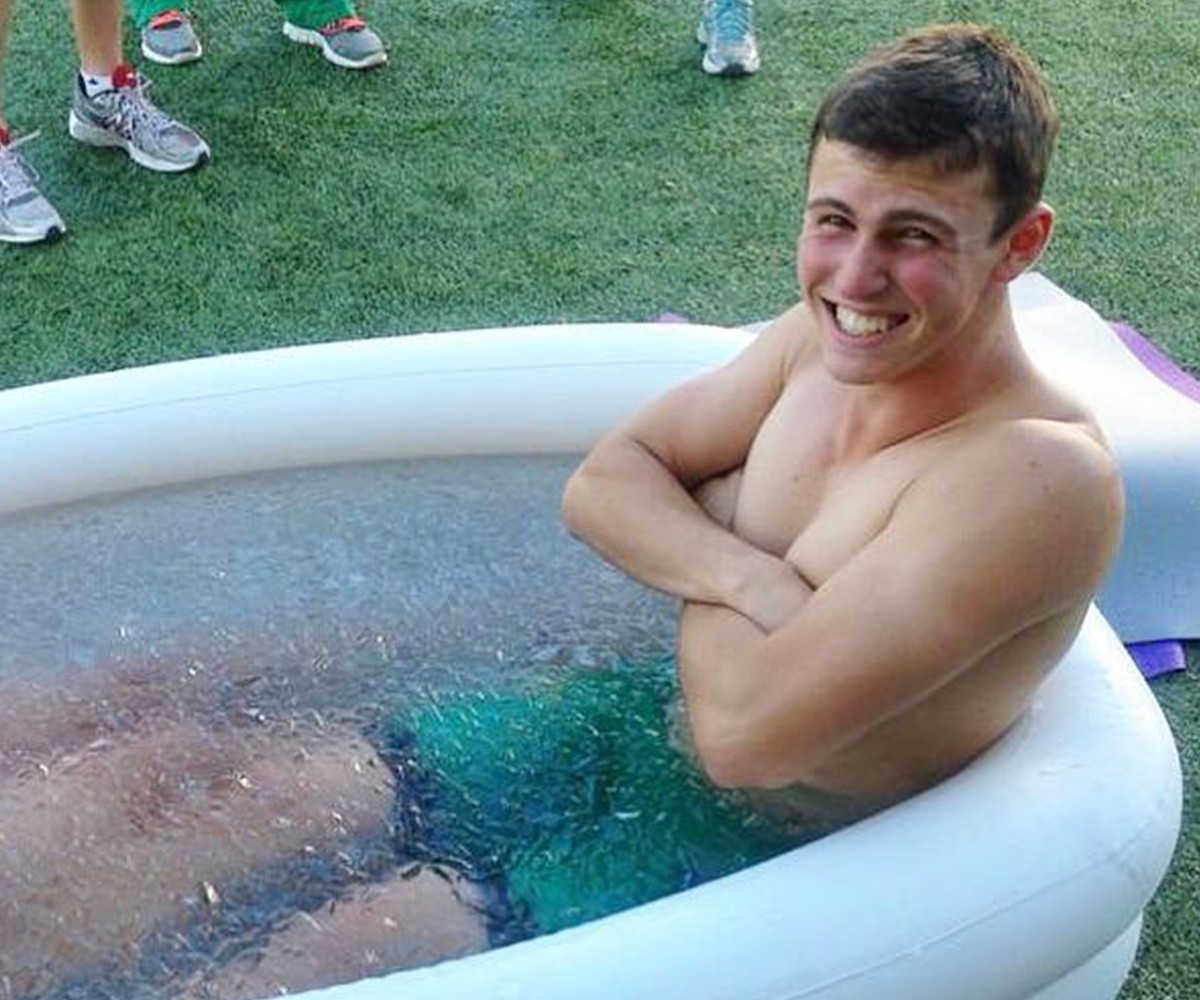
So what did they find?
After collections of muscle biopsies and blood samples (all taken pre and post at different times), the cold water immersion had NO impact on inflammatory measures and cellular stress when compared to the active recovery trial.
In more bad news for resistance training, this study found that muscle strength and mass increased MORE in the active recovery group than the cold water group.
The researchers within the same study performed further research into cold water immersion within the context of leg training. Shockingly, they reported:
"Cold water immersion attenuates (reduces) the acute changes in satellite cell numbers and activity of kinases that regulate muscle hypertrophy, which may translate to smaller long-term training gains in muscle strength and hypertrophy. The use of cold water immersion as a regular post-exercise recovery strategy should be reconsidered."
Ouch.
In other words, these ice baths and cold water plunges are bad for your gains.
So why all the fuss? Why is the practice of ice baths so widespread?
Well, researchers say that ice baths "may provide benefits to recovery in the acute period following intense or muscle damaging exercise by limiting oedema and swelling per se", but this is all separate to changes in inflammation.
They suggest ice baths might be beneficial for events requiring a short turn around (athletic meets or cycling tours) that are particularly demanding on the body, or performed in a hot climate. Obviously less swelling and less pain might mean you get back to competing the next day far easier.
But the same researchers stress there is a lack of justification for using cold water immersion regularly during a pre season or preparation phase (as it obviously hinders muscle adaptation as we've learned).
So, an ice bath will help reduce swelling, and provide temporary relief to pain, but it won't help with inflammation.
It's also critical to point out that allowing for inflammation to take place is not a bad thing.
This is because it's been found to be important to "cell signalling and remodelling processes" which form part of your muscles post workout adaptations. Another reason ice baths are not recommended during pre season or preparation phases: why go into an event not fully healed and adapted?!
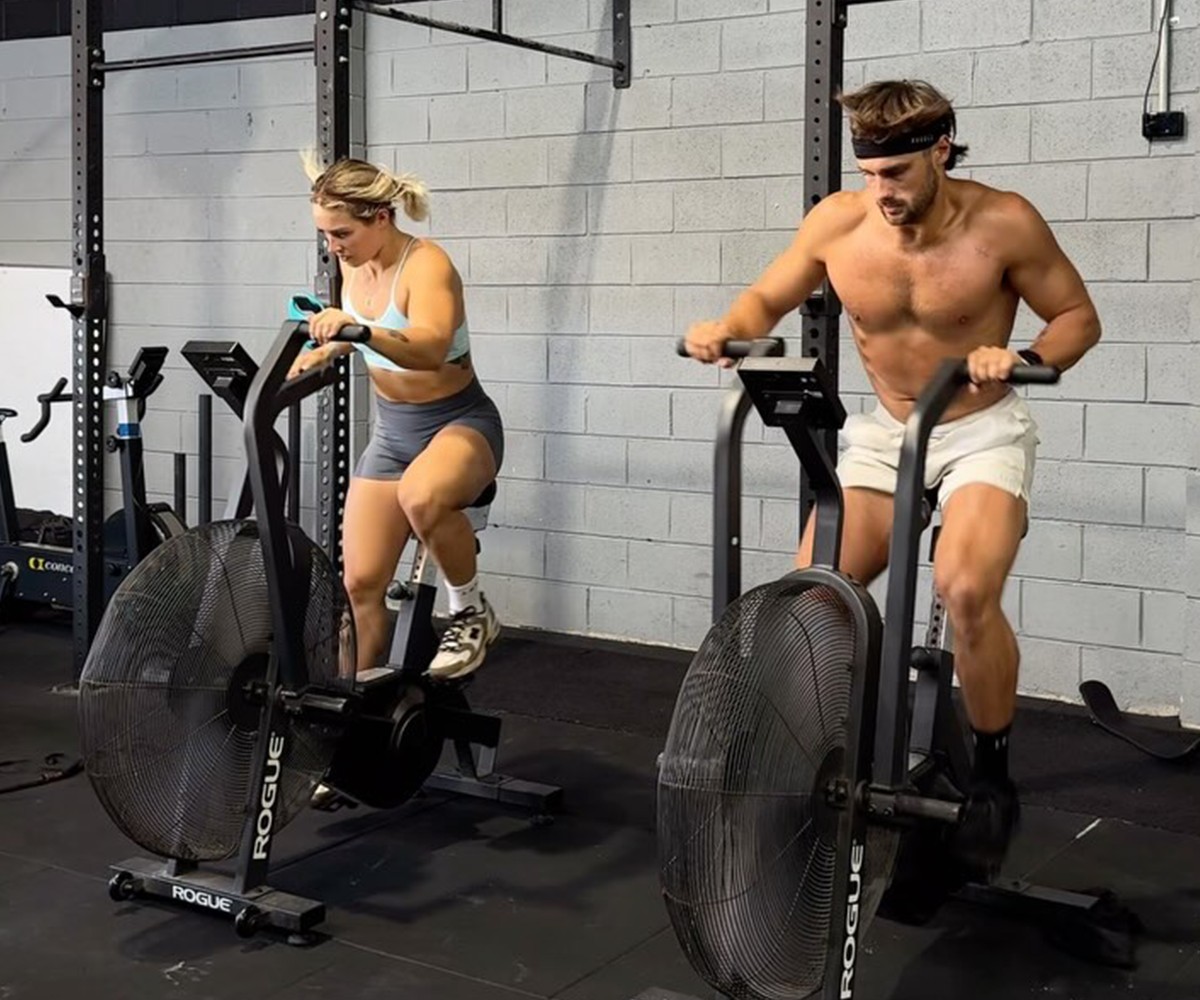
Another study examined cold water immersion for 10 minutes and 30 minutes at 10 degrees celsius and 20 degrees celsius, versus passive rest, following high intensity sprint exercise (12 maximal sprints of 120 metres, performed every 3 minutes).
This is more inline with the sort of exercise sports athletes are doing.
So what did they find?
The researchers reported that 10 min of the cold water didn't significantly reduce plasma concentration of inflammatory markers.
In fact, the cold water INCREASED the inflammatory markers they thought it might reduce.
The bottom line on ice baths
Athletes might benefit from ice baths for a short turnaround event (ie, having to compete again the next few days), due to a reduction in pain, oedema and swelling. But it's not recommended for pre season or preparation phases because it hinders muscle recovery and adaptation. Allowing for inflammation to occur following an event or workout is beneficial, because it's important to the cell signalling and remodelling processes which form muscle recovery. Ice baths are not recommended for those looking to increase muscle strength or size, because they have been found to hinder both!
References:
- Allan R, Mawhinney C. Is the ice bath finally melting? Cold water immersion is no greater than active recovery upon local and systemic inflammatory cellular stress in humans. J Physiol. 2017 Mar 15;595(6):1857-1858. doi: 10.1113/JP273796. Epub 2017 Jan 24. PMID: 27991663; PMCID: PMC5350472.
- Peake JM, Roberts LA, Figueiredo VC, Egner I, Krog S, Aas SN, Suzuki K, Markworth JF, Coombes JS, Cameron-Smith D, Raastad T. The effects of cold water immersion and active recovery on inflammation and cell stress responses in human skeletal muscle after resistance exercise. J Physiol. 2017 Feb 1;595(3):695-711. doi: 10.1113/JP272881. Epub 2016 Nov 13. PMID: 27704555; PMCID: PMC5285720.
- White GE, Rhind SG & Wells GD (2014). The effect of various cold‐water immersion protocols on exercise‐induced inflammatory response and functional recovery from high‐intensity sprint exercise. Eur J Appl Physiol 114, 2353–2367.
- Roberts LA, Raastad T, Markworth JF, Figueiredo VC, Egner IM, Shield A, Cameron-Smith D, Coombes JS, Peake JM. Post-exercise cold water immersion attenuates acute anabolic signalling and long-term adaptations in muscle to strength training. J Physiol. 2015 Sep 15;593(18):4285-301. doi: 10.1113/JP270570. Epub 2015 Aug 13. PMID: 26174323; PMCID: PMC4594298.
